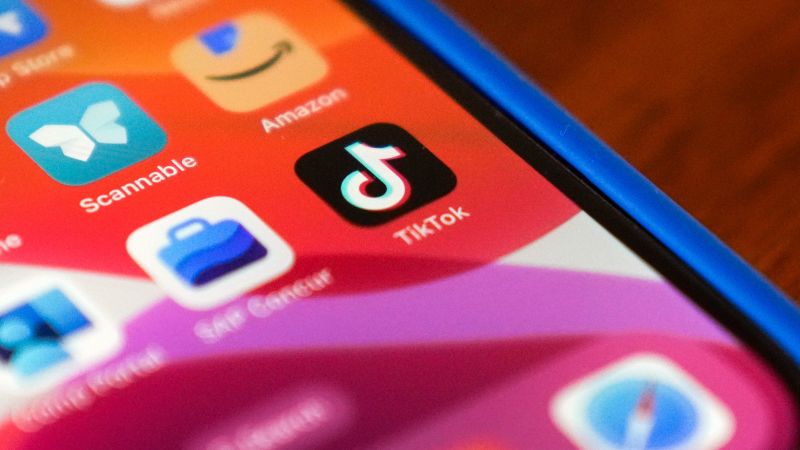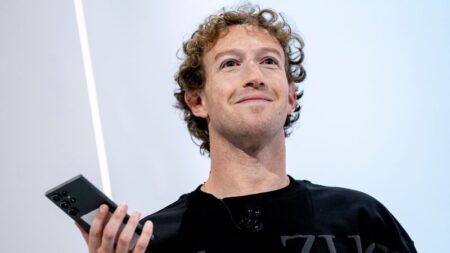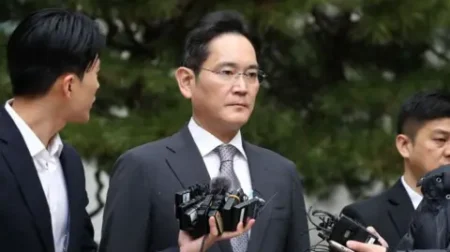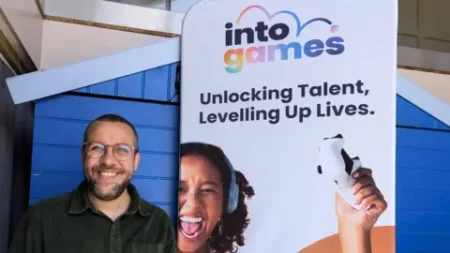In a significant turn of events, Google Play has announced the reinstatement of TikTok on the U.S. app store. This decision comes after President Donald Trump indicated his commitment to preserving the app amid ongoing controversies regarding its ownership and security implications. An executive order was issued, which delays the enforcement of a potential ban on the wildly popular social media platform. The reopening of TikTok marks a pivotal moment for its many users, particularly the 175 million people in the United States who regularly engage with the app.
Simultaneously, reports from prominent news outlets like Bloomberg and CNBC suggest that Apple also plans to reinstate TikTok later in the day, confirming that as of Thursday evening, users were able to access the app once more across various devices. This restoration reflects a shift in the continuing saga surrounding TikTok’s access on app stores; prior to this, users had encountered issues downloading not just TikTok but other related applications like Lemon8 and CapCut, both owned by its parent company, ByteDance, based in China.
The turbulent journey for TikTok relates back to a law signed by former President Joe Biden in April, which mandated that ByteDance must find a U.S. owner within 270 days or face a ban. This law was rooted in concerns over national security, a narrative that has been central to TikTok’s operations in the U.S. The timing surrounding the Supreme Court’s decision to uphold this ban just before the recent blackout compounded the tension. This led TikTok to experience an interruption for about 14 hours in January before Trump intervened, signaling his efforts to keep the app running in the U.S.
Interestingly, despite the ban imposed by Apple, the app remained accessible for users who had previously downloaded it. The dynamics of the app’s availability have posed challenges for many who rely on TikTok for both entertainment and social connection, leading to frustration among its user base who found themselves unable to download or update the app.
Trump’s initial stance on TikTok included a promise to delay enforcement actions against the app, positioning it as a bargaining chip in negotiations aimed at safeguarding American interests. On January 19, he stated in a post on Truth Social that he intended to issue an order to extend the deadline before the prohibition affected TikTok’s operations, assuring technology partners including Apple, Google, and Oracle that they would not be held liable for continued support of the app during this transitional period.
The executive actions taken by Trump on January 20, the day he took office, primarily aimed to allow TikTok another 75 days to seek new ownership. This decision was portrayed as a method to avoid an abrupt shutdown of a communications platform widely engaged by millions of Americans, illustrating a complex interplay between commerce, technology, and national security.
In the days following his inauguration, Trump publicly acknowledged a change in his perception of TikTok, citing positive experiences using the platform himself. He emphasized the app’s popularity among young users and expressed concerns that potential data leaks to China posed a lesser threat compared to more significant societal issues.
Highlighting the dichotomy of national interest versus user experience, Trump stressed that while he had the authority to either permit a sale of the app or shut it down, a footnote emerged regarding the larger implications of TikTok as it relates to children’s user data. His commentary suggested a nuanced understanding of the platform’s role in contemporary culture and communication.
In conclusion, the re-availability of TikTok on major app stores underlines the ongoing complexities surrounding technology companies, policy, and user access. As the landscape evolves, stakeholders ranging from app users to legislative actors will need to navigate the implications of ownership, data security, and community engagement in an increasingly digital world.









